Let us assume I have an ODE with x'(t) = f(x) with the respective solution x(t) = ϕ(x(0),t) of a initial condition x(0). Now I intend to calculate numerically the equilibria as a function of their initial condition: eq(x0) := ϕ(x0, ∞). The ODEs are such that these equilibria exist unambiguously for all initial conditions (including eq = ∞).
My poor man's approach would be to integrate the ODE up to a late time and fetch that value (for brevity I do not show the plotting):
import numpy as np
from scipy.integrate import odeint
# ODE
def func(X,t):
return [ X[2]**2 * (X[0] - X[1]),
X[2]**3 * (X[0] + 3 * X[1]),
-X[2]**2]
# Forming a grid
n = 15
x0 = x1 = np.linspace(0,1,n)
x0_,x1_ = np.meshgrid(x0,x1)
eq = np.zeros([n,n,3])
t = np.linspace(0,100,1000)
x2 = 1
for i in range(n):
for j in range(n):
X = odeint(func,[x0_[j,i],x1_[j,i],x2], t)
eq[j,i,:] = X[-1,:]
Naive example above:
The problem with that approach is that you can never be sure if it converged. I know that you can just find the roots of f(x), but this would not yield the equilibria as a function of their initial conditions (You could trace them back, but since this function is not injective, you will not find values for all initial values). I somehow need a ODE solver which integrates until an equilibria is reached (or stops integrating if it goes beyond a limit). Do you have any ideas?
